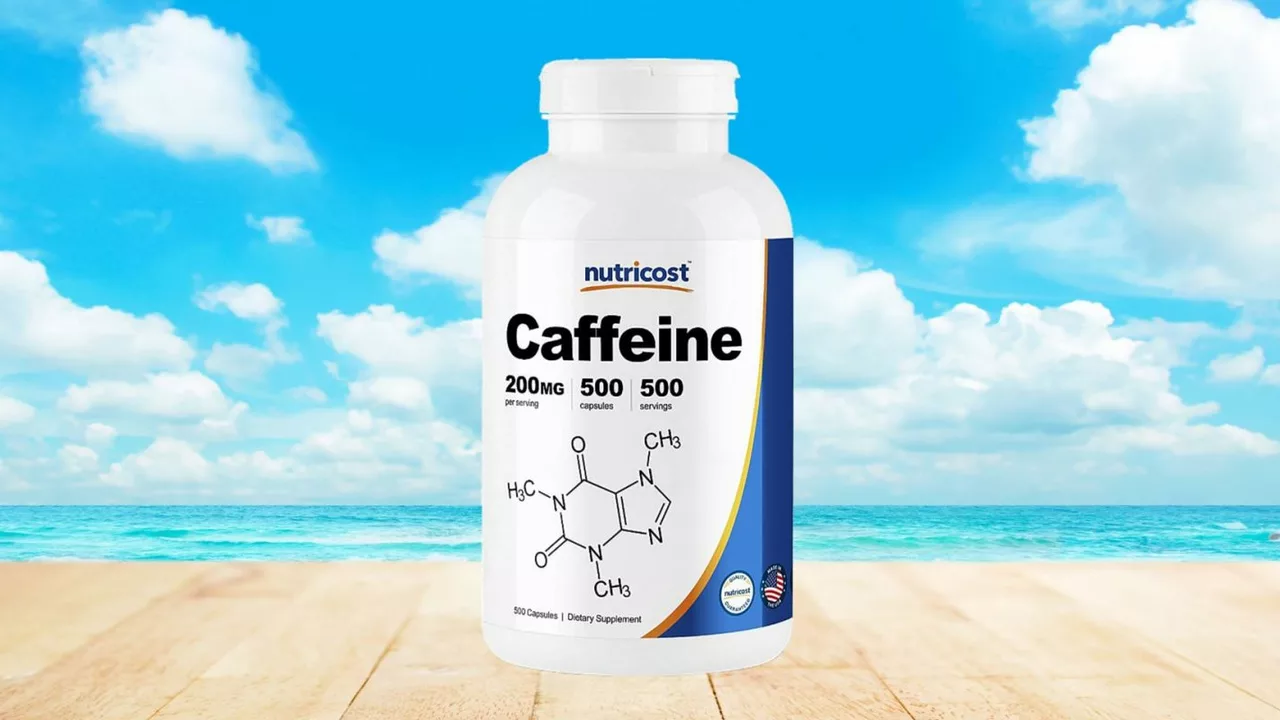Caffeine: What It Does, How Much Is Safe, and Smart Tips
Caffeine fuels a lot of mornings. An 8‑oz (240 ml) cup of brewed coffee has about 95 mg of caffeine; black tea around 47 mg; a 12‑oz cola about 34 mg; and many energy drinks range from 80–160 mg. Knowing these numbers helps you manage how much you consume each day.
How caffeine works and who should be careful
Caffeine blocks adenosine, a brain chemical that makes you sleepy. That gives faster thinking, more alertness, and better short‑term focus. The downsides show up as jitters, a racing heart, upset stomach, and trouble sleeping. If you feel anxious, shaky, or have palpitations after coffee, cut back.
Most healthy adults can handle up to about 400 mg a day — roughly four regular cups of coffee. Pregnant people are usually advised to stay under 200 mg daily. Teens should aim much lower, and young kids generally shouldn’t have caffeine unless a doctor approves.
Interactions, timing, and safe use
Caffeine can change how some medicines work. Drugs that slow liver enzymes (for example, ciprofloxacin or certain antidepressants) can let caffeine stay in your system longer and increase side effects. Oral contraceptives tend to slow caffeine breakdown too. Smoking speeds caffeine clearance, so smokers often need more caffeine for the same effect. If you take heart meds, blood thinners, or psychiatric drugs, ask your clinician or pharmacist about possible interactions.
Timing matters. Avoid caffeine within 6 hours of bedtime; some people need 8–10 hours. Using caffeine before workouts can help: 200–300 mg about 30–60 minutes pre‑exercise often improves performance. Don’t combine high doses with other stimulants, and be cautious if you rely on caffeine daily — tolerance builds fast.
Cutting down without pain is possible. Swap one regular cup for half‑caff or decaf each day. Spread caffeine across the morning instead of drinking it all at once. Drink more water and improve sleep habits so you don’t lean on caffeine to fix tiredness. To avoid withdrawal headaches and irritability, taper over a week rather than quitting cold turkey.
Watch for warning signs. See a doctor if caffeine causes chest pain, fainting, severe anxiety, or sleep loss that affects your daily life. Also check with your provider when starting or stopping prescription drugs — they can flag interactions and adjust doses if needed.
Use caffeine as a tool, not a crutch. Small changes — tracking how much you drink, choosing timing carefully, and checking for drug interactions — let you keep the benefits while avoiding the nasty side effects.
The Impact of Caffeine and Soda on Osteoporosis Risk
In my recent research on osteoporosis, I've discovered that both caffeine and soda can significantly increase the risk of this bone disease. Excessive caffeine intake can interfere with our body's ability to absorb calcium, a crucial nutrient for bone health. Similarly, sodas, especially cola-type drinks, are high in phosphoric acid, another substance that can hinder calcium absorption. It's important to be mindful of our daily consumption of these drinks to maintain a healthy bone structure. In moderation, however, they shouldn't pose a significant threat to our bone health.

